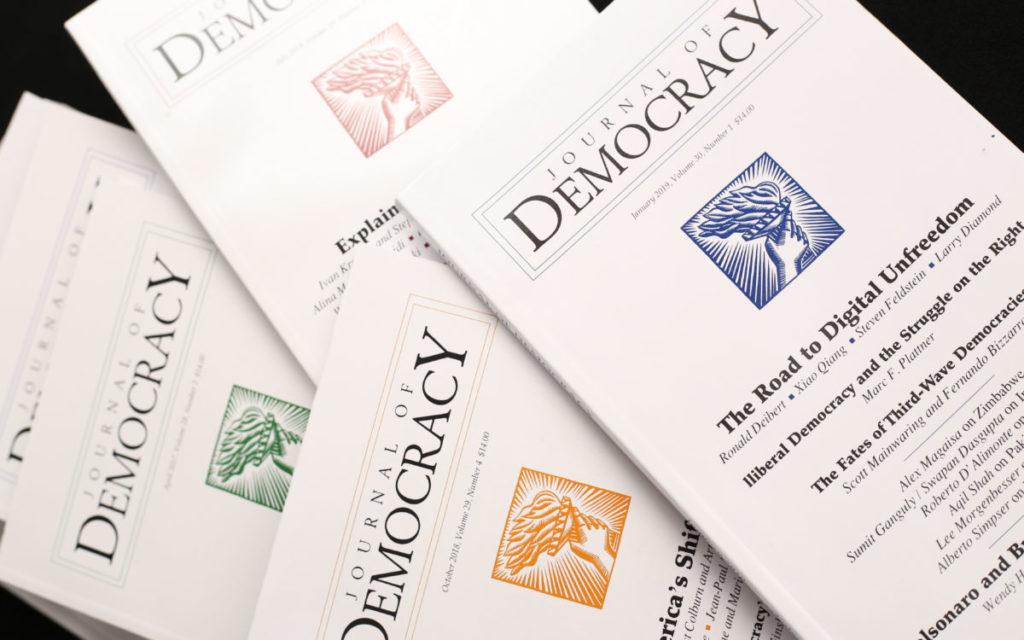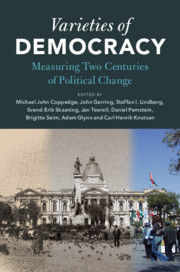
For the past twelve years or so, democracy around the world has been in a funk, notes Stanford University’s Larry Diamond. The long democracy slump has seen a surge in democratic failures. If we break the period since 1976 into four equal segments of eleven years each, we find that the rate of democratic failure declined from 14 percent in the first period (1976–86) to under 11 percent in the next two segments. In the most recent period (2009–19), however, this figure has increased to 18 percent, with democracy failing in key states including Bangladesh, Thailand, and Turkey, and for the first time in an EU member state, Hungary, he writes for the National Endowment for Democracy’s Journal of Democracy:

Larry Diamond
The trend probably does not quite yet amount to what Samuel P. Huntington would have called a “reverse wave” of democratic breakdowns, but it is getting uncomfortably close. The ill winds are affecting every kind of regime. A number of liberal democracies are becoming less liberal. Many electoral democracies are descending into competitive authoritarianism. Some competitive authoritarian regimes, such as Cambodia and Uganda, are losing many of their pluralistic features, as space for dissent slowly narrows. And the more blatant authoritarian regimes—China, Russia, Saudi Arabia, and now Egypt, among others—are becoming more intensely repressive, often aided by new digital technologies of surveillance and control. Yet despite the pattern of democratic decline, there have been recent encouraging signs of pushback against a principal agent of democracy decay in our time: illiberal populism.
Yet mass prodemocracy protests in authoritarian and semiauthoritarian settings, from Armenia to Hong Kong to Sudan, underscore democracy’s continuing appeal, adds Diamond, the author, most recently, of Ill Winds: Saving Democracy from Russian Rage, Chinese Ambition, and American Complacency (2019). Moreover, authoritarian populism has an Achilles’ heel in the form of unchecked leaders’ tendency to sink into venality, cronyism, and misrule.
 There is still an opportunity to renew democratic progress, but a return to first principles and renewed efforts on the part of the advanced democracies will be needed, he concludes. RTWT
There is still an opportunity to renew democratic progress, but a return to first principles and renewed efforts on the part of the advanced democracies will be needed, he concludes. RTWT
Fukuyama Was Correct: Liberalism Is the Telos of History is the title of an article by Deirdre Nansen McCloskey in the upcoming Special Issue of the Journal of Contextual Economics which will focus on the renewal of liberalism and democracy. The Economist publishes an excerpt from McCloskey’s latest book, “Why Liberalism Works: How true liberal values produce a freer, more equal, prosperous world for all” (Yale University Press, 2019) and a short interview with her.
Measuring Two Centuries of Political Change, a new book from the @vdeminstitute @CUPAcademic addresses standards for causal inferences in #democratization research and introduces new, measurable, concepts of #democracy.







